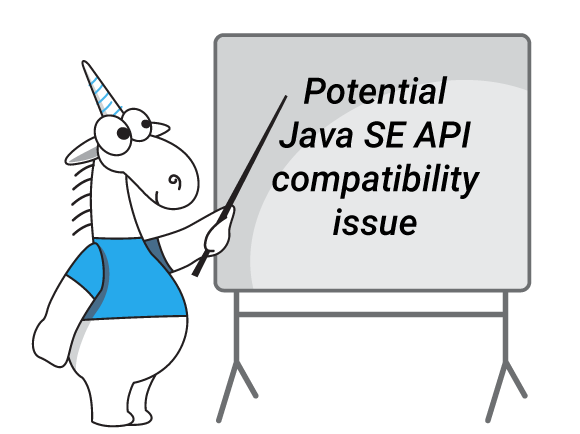"
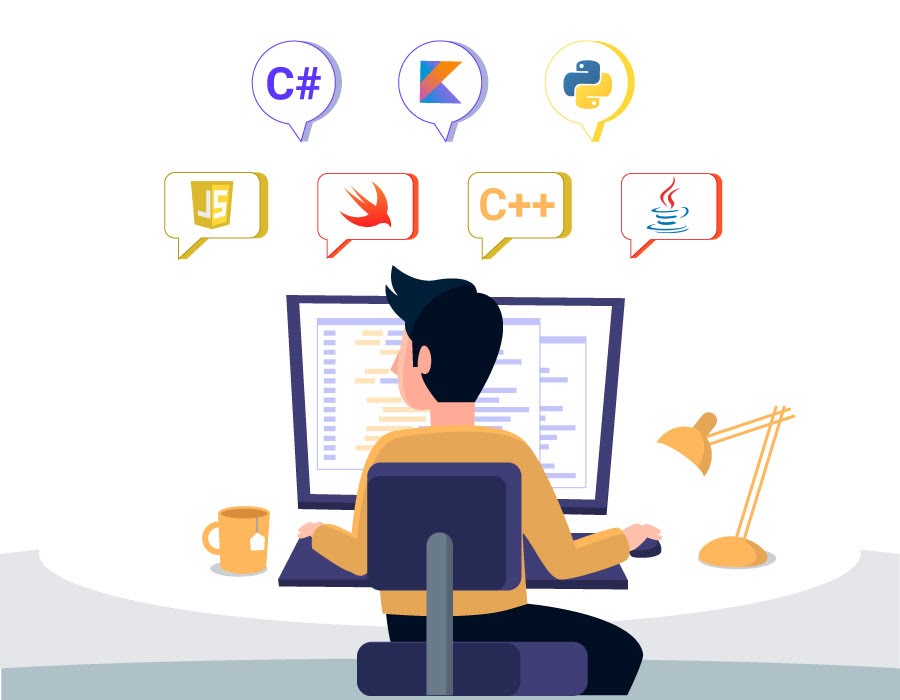
"
Do you know that 21% of people open an app 50+ times per day? Yes, you heard that right. With the rapid development of technology, the mobile app now made many things possible, which was previously unthinkable.
And that's why there is an incredible increase in the number of mobile users. According to a recent
mobile app development stat, the number of mobile users worldwide is projected to increase to
6.95 billion by the end of 2020.
In the last couple of years, the mobile app development industry has grown manifold, changing how businesses function around the world. If you are planning to jump into mobile app development, then choosing the right programming language will be the most significant challenge.
There are more than 600 programming languages, and each one has its own perks and popularity. Are you pondering which language would be best for developing a stunning app?
Several factors come to mind when making this choice, but the most important one is the language's demand. Here in this blog, I have listed the best programming language for mobile apps in terms of popularity and demand. Let's start!



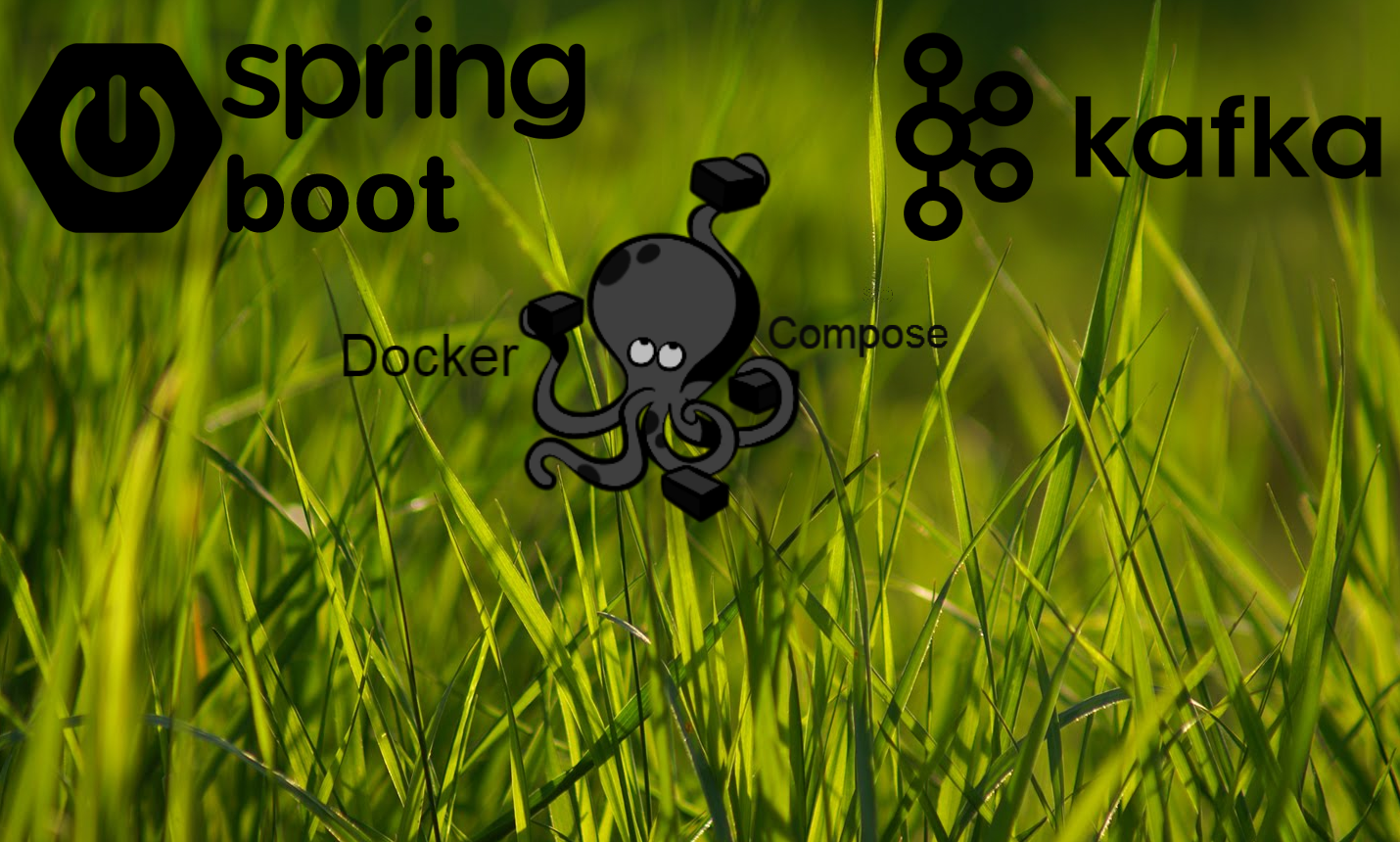

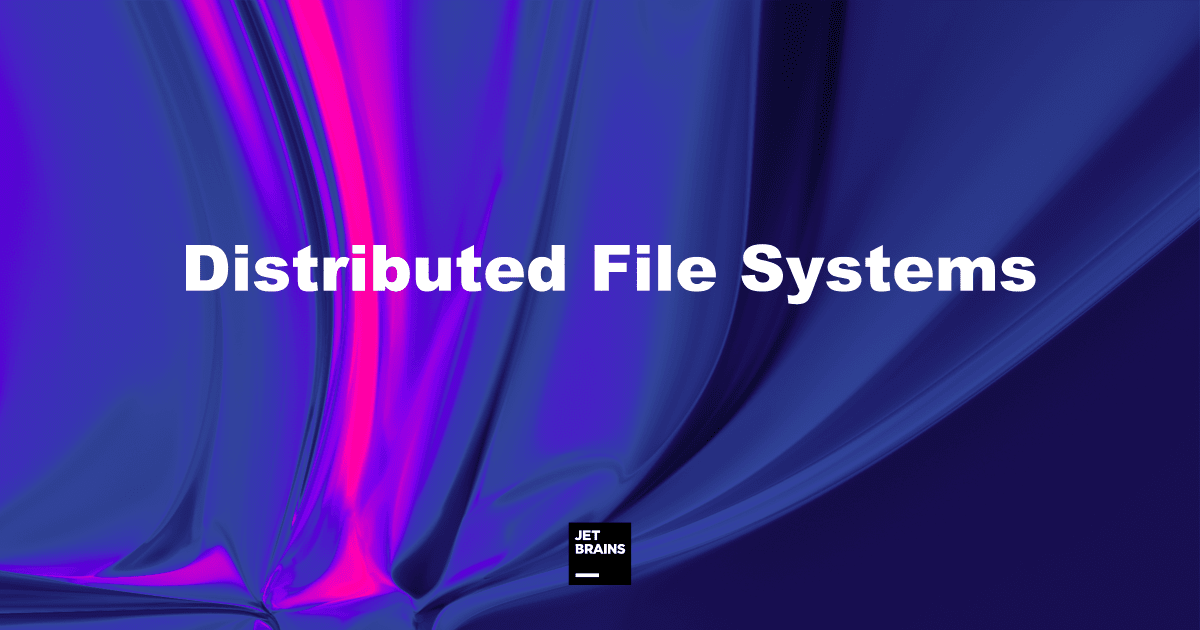
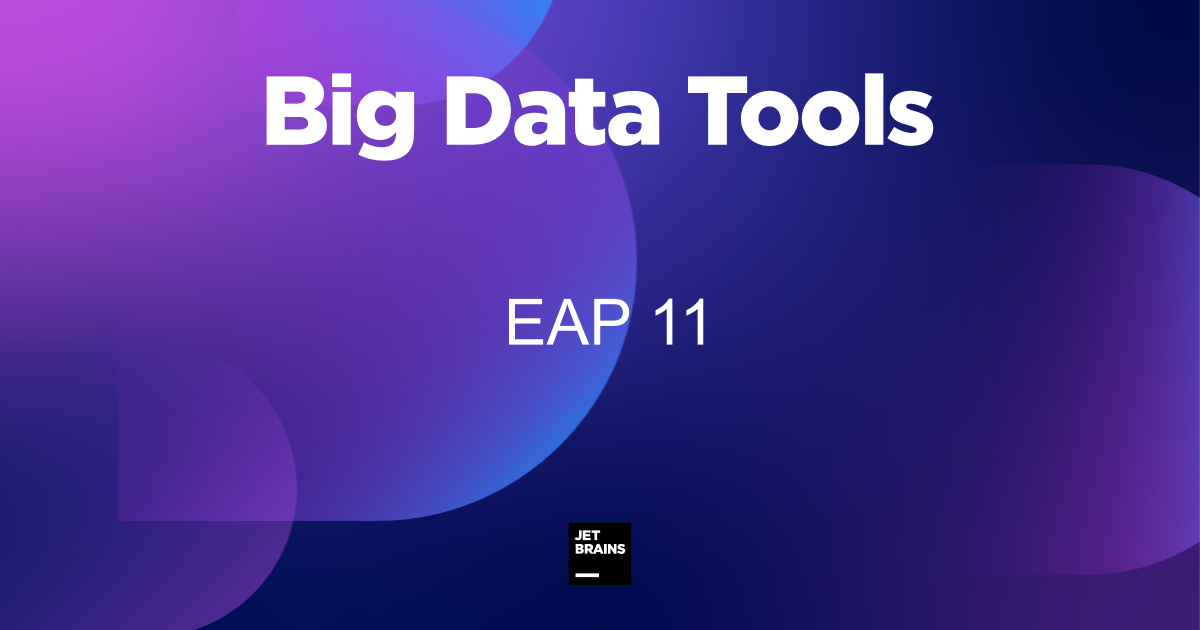
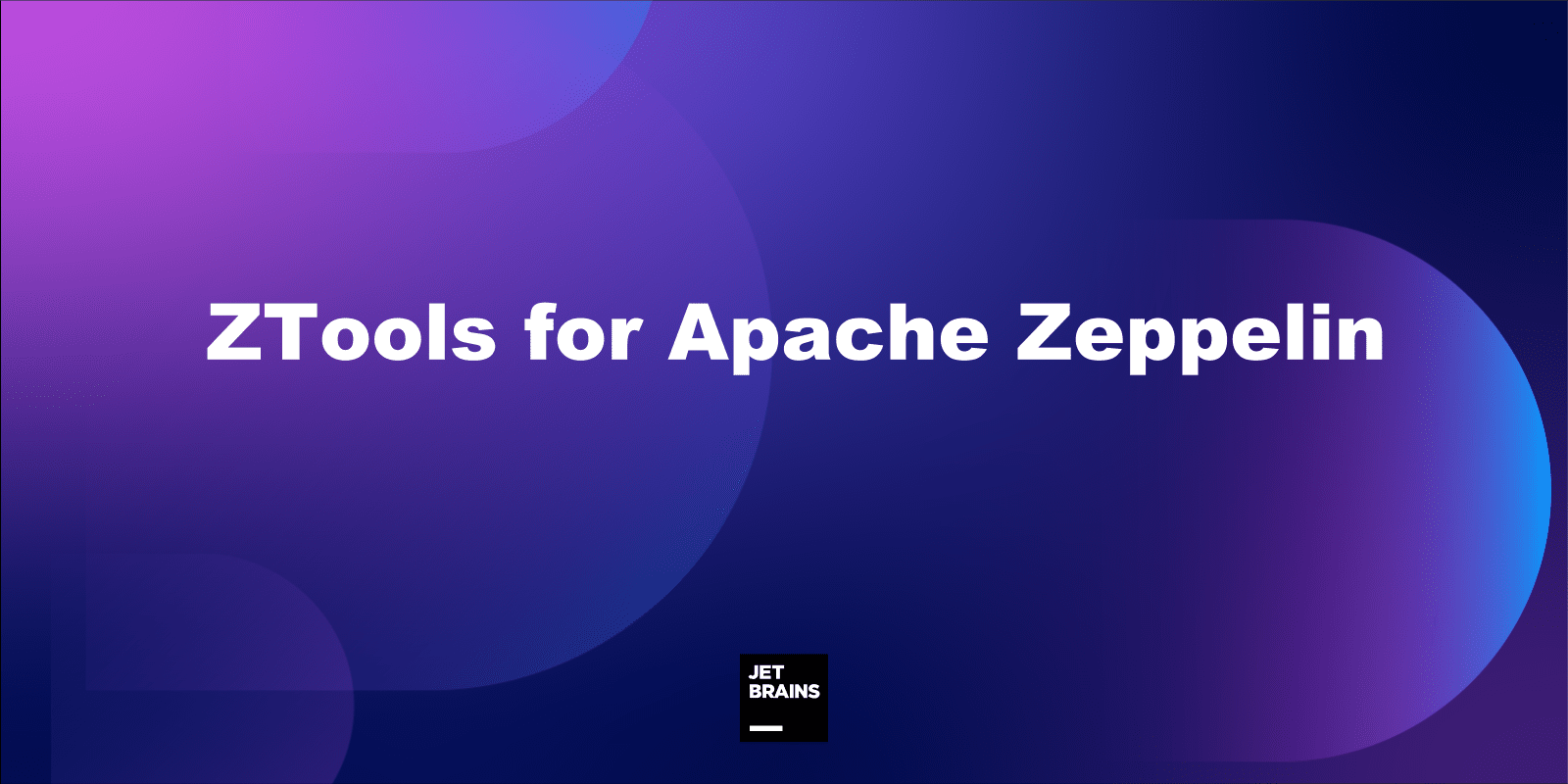

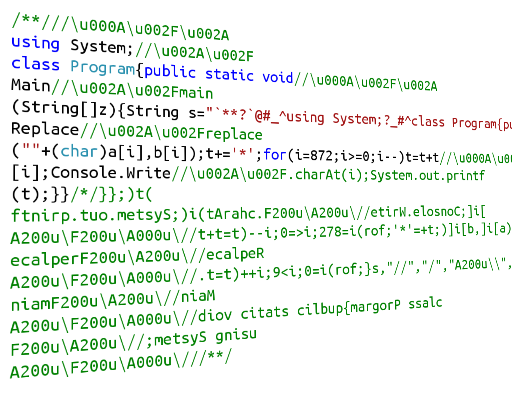
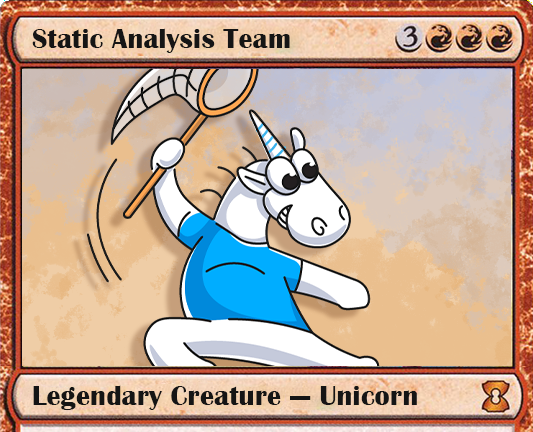
 "
" 

